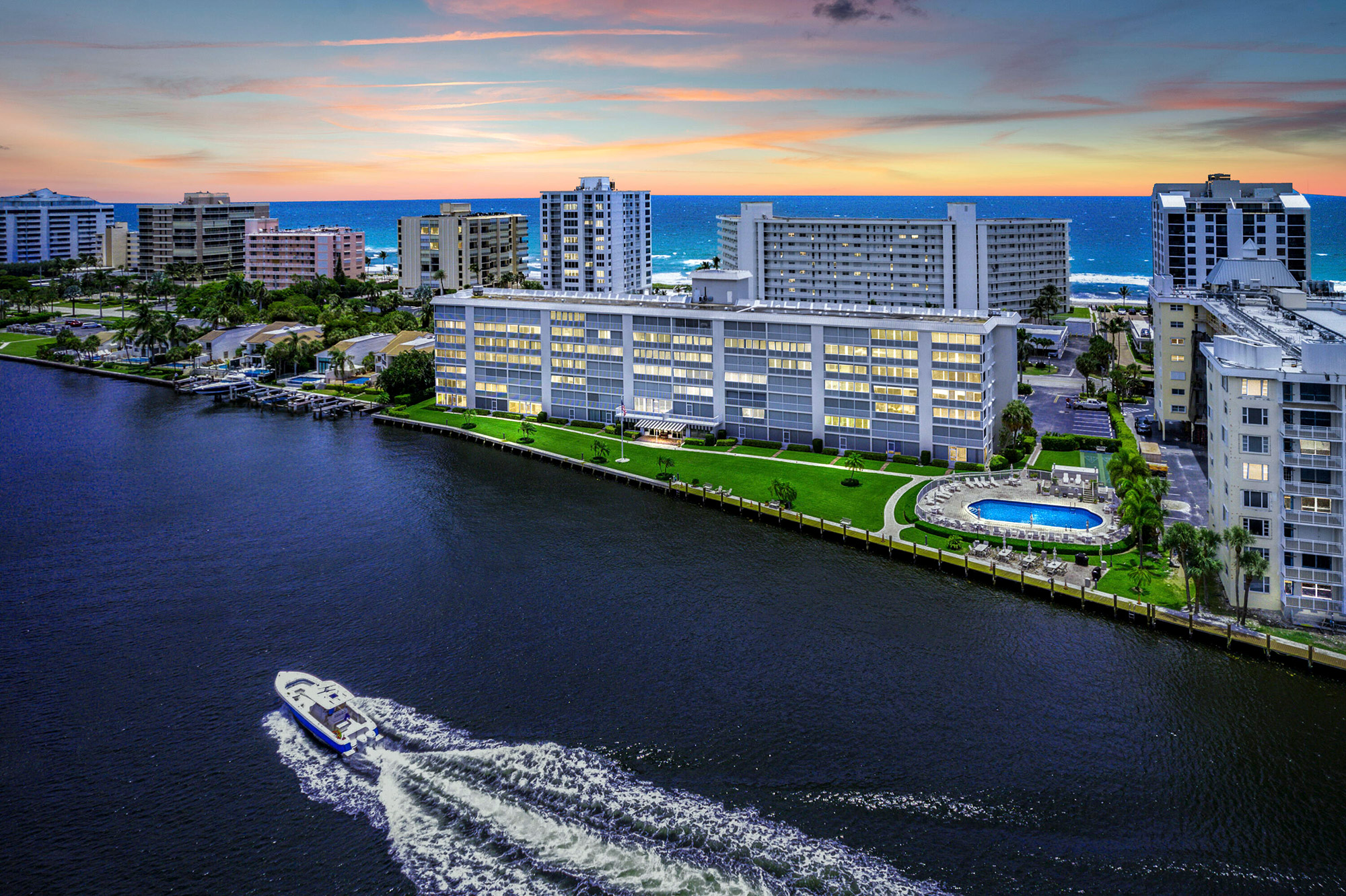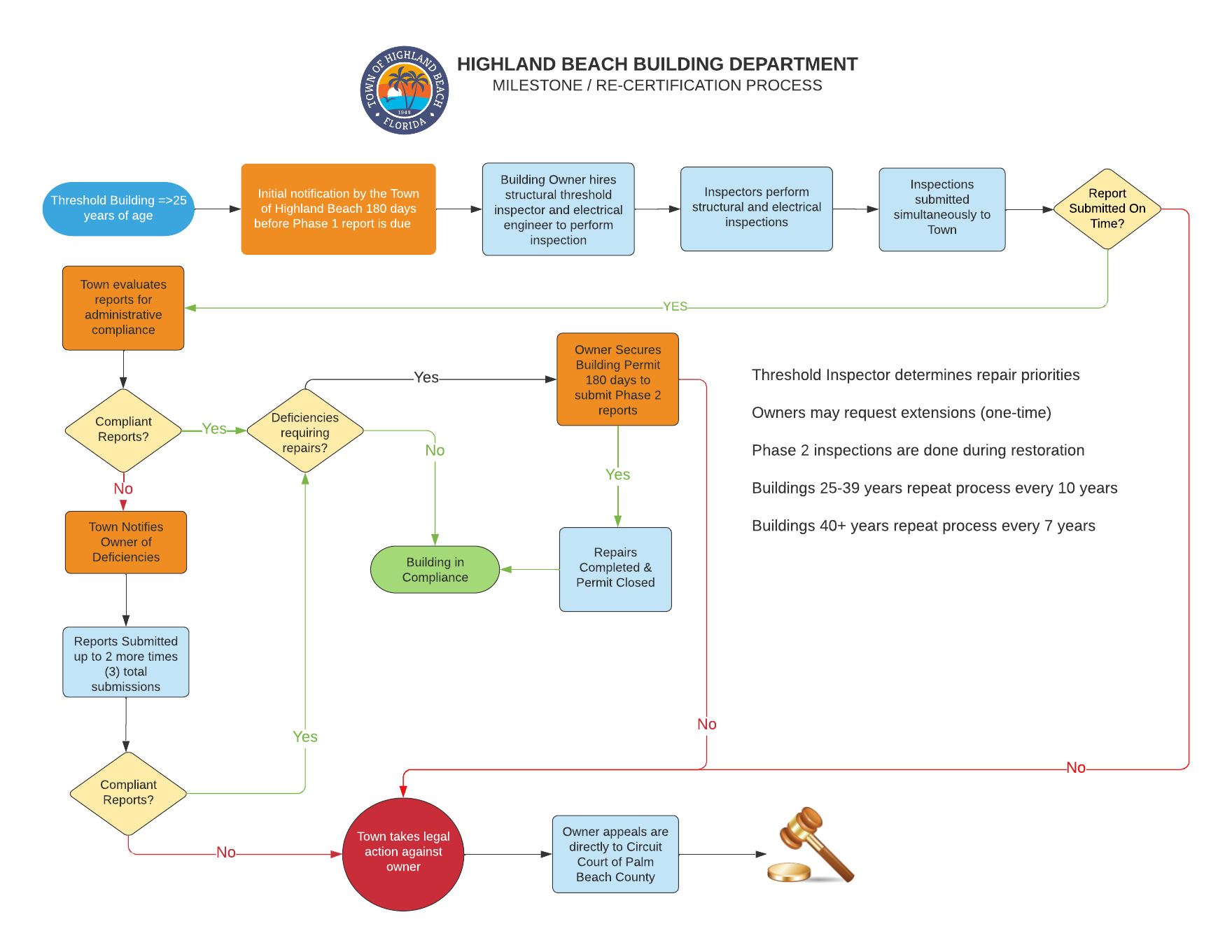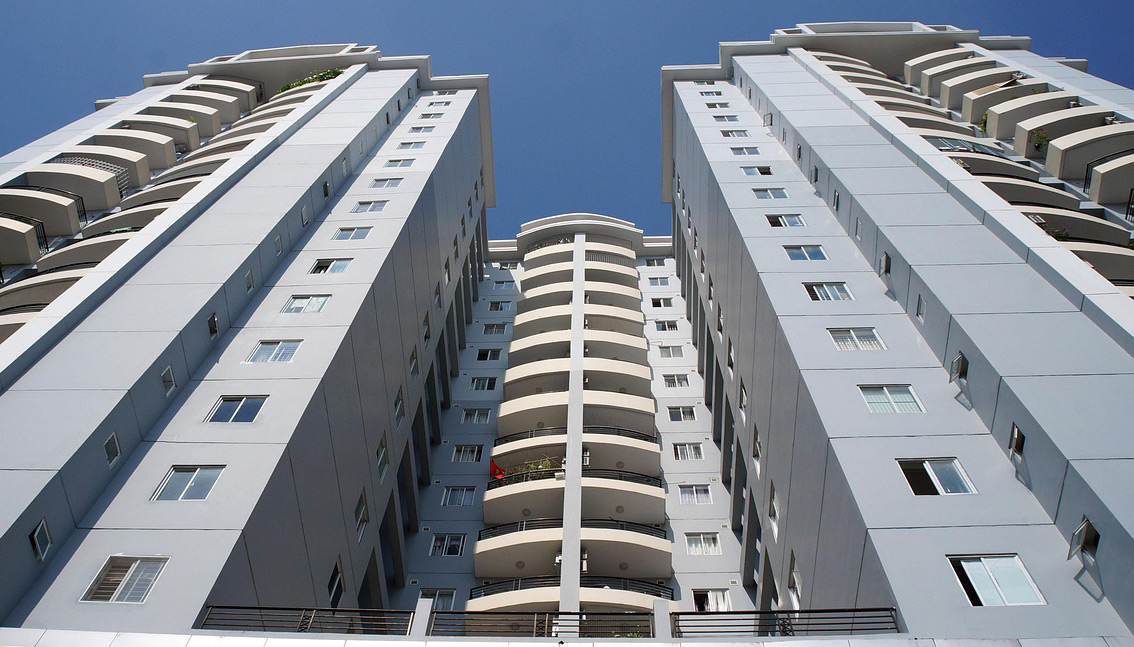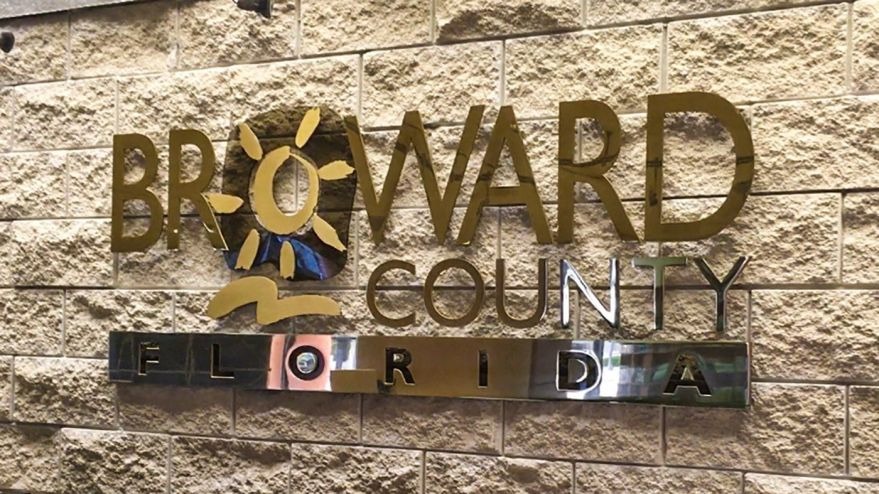
Ensuring the value and safety of your building is paramount, and staying abreast of the latest updates in the Highland Beach building recertification and inspection program is essential for every conscientious owner. The Building Recertification Ordinance (2022-008) and the 2023 Milestone Inspection Summary have recently undergone significant revisions that may affect your property and a lack of awareness of these changes could lead to steep consequences for property owners caught off guard. This guide has been developed to provide Highland Beach building owners with comprehensive insights into these updates, ensuring you are well-prepared for the recertification process before your inspection notice arrives in your mailbox.
Understanding the Framework
To start, let’s define some important terms:
- Threshold Building: If your building is over three stories or 50 feet tall, or has large assembly areas, it falls under this category. This means your building will require specific inspections as outlined in the updated ordinances.
- Association Building: For those of you managing buildings owned by a condo or cooperative association, with at least three stories and containing four or more dwelling units, these updates are equally relevant.
- Building Age: This is simply how long it’s been since your building’s original certificate of occupancy was issued.
Building Recertification Overview
Recertifying your building isn’t just about meeting regulatory requirements; it’s about ensuring the safety and longevity of your investment. It involves a series of inspections and procedures designed to assess and confirm a building’s structural and electrical integrity. Here’s a detailed breakdown of what’s involved:
Age-Based Recertification: Ensuring Timely Maintenance
- For Buildings Aged 25 Years: These buildings must undergo a comprehensive recertification process every 10 years. This decade-long interval is selected to align with the typical lifecycle of many building components. Over time, structures can undergo wear and tear due to environmental factors, usage, and material degradation. The 10-year recertification cycle ensures that any potential issues are identified and addressed before they can evolve into major safety concerns.
- For Buildings Aged 40 Years and Older: The recertification frequency increases to every 7 years. This increased frequency acknowledges that older buildings may face more rapid deterioration and potential safety risks due to aging materials, outdated construction techniques, or cumulative environmental exposure. Regular inspections become even more critical to monitor the building’s condition and implement necessary repairs or upgrades, ensuring these older structures remain safe and compliant with current standards.
Advance Notification: Facilitating Adequate Preparation
- 180-Day Advance Notice: You will be provided with a minimum of 180 days’ notice before their Phase One inspection is due. This notice period is crucial for several reasons. First, it gives building owners ample time to prepare for the inspection, ensuring that their properties are in the best possible condition. This might include performing preliminary checks, completing minor repairs, or simply familiarizing themselves with the inspection process.
- Importance of Timely Notification: The advance notification also allows you to coordinate with qualified inspectors like the team members at Building Mavens and schedule the inspection at a convenient time. This helps prevent last-minute rushes and ensures that the inspection is thorough and not rushed. It also provides a buffer for any unforeseen delays or the need to address minor issues before the official inspection. This proactive approach is one of our keys to maintaining building safety and minimizing the risk of non-compliance penalties.
In-Depth Look at Phase One and Phase Two Inspections
Phase One Milestone Inspection: The Initial Assessment
- Visual and Structural Inspection: This is the first line of defense in identifying potential structural issues. A qualified inspector will examine the bones of your building’s major structural components – its foundations, beams, columns, floors, and roofs. This process is important for the early detection of any signs of stress, wear, or damage that could compromise the building’s structural integrity. The inspector looks for cracks, rust, water damage, or any other indicators that might suggest deterioration.
- Electrical Safety Evaluation: This aspect of the Phase One inspection is conducted by a Florida Licensed Electrical Engineer. The evaluation is focused on ensuring that the building’s electrical system is up to code and functioning safely. The engineer will review your building’s electrical systems, including the branch circuits, conduit raceways, and emergency lighting. The engineer assesses the condition of these components, looking for any signs of overloading, potential electrical hazards, or outdated systems that might require updating or replacement. This step is essential in preventing electrical fires and other safety hazards.
Phase Two Milestone Inspection: The Detailed Examination
- Further Analysis and Testing: If the Phase One inspection uncovers substantial structural concerns, a Phase Two inspection will be required for the building. This phase involves a more in-depth analysis, which may include both non-destructive and destructive testing methods. The purpose is to assess areas of concern identified in the first phase thoroughly and to evaluate the overall structural soundness of the building. Techniques like ultrasound, radiography, infrared thermography, or core sampling may be used to analyze the condition of materials and structural elements without causing significant damage to the property.
- Repair Recommendations and Action Plan: One of the most important outcomes of the Phase Two inspection is the detailed report outlining any major or critical deficiencies discovered during the inspection. This report not only identifies the problems but also provides recommendations for the necessary repairs or modifications to address these issues. It includes an estimated timeframe for completing these repairs, ensuring that the building owner has a clear action plan for restoring the building to a safe and compliant state. The report is a roadmap for building owners to follow, ensuring that all identified problems are systematically and effectively addressed.
2023 – 2024 Recertification Program Updates
2023 and 2024 have brought significant updates to the building recertification process in Highland Beach. These changes are designed to improve safety, enhance inspection quality, and streamline compliance. Understanding these updates is crucial for building owners and managers to ensure their properties meet the latest standards.
Emphasis on Special Inspector Registration
- Registration of Threshold Special Inspectors: This new initiative is a step towards ensuring higher quality inspections by creating a pool of verified and qualified professionals. Special inspectors, who are experts in assessing the structural integrity of threshold buildings, are now encouraged to register with the Town of Highland Beach. This means when it’s time for your building’s inspection, you’ll have access to a pool of vetted, skilled inspectors. Quality inspections mean a safer, more secure property for you and your residents.
- Impact on Inspection Quality: By encouraging these specialists to register, Highland Beach aims to raise the bar for inspection standards. Registered inspectors are expected to have in-depth knowledge of the latest building codes and structural safety norms. Their expertise becomes particularly crucial when assessing older or more complex buildings where standard inspection procedures might not suffice.
Enhanced Reporting Requirements
- Detailed Reporting for Structural and Electrical Inspections: The new guidelines require more comprehensive reporting for both structural and electrical inspections. Reports must now include detailed information such as the building address, property control number, and the inspector’s name and license number. These requirements ensure that each report is easily traceable and verifiable, which is essential for maintaining accurate records of a building’s safety status.
- Inclusion of Inspection Methods and Findings: Inspectors are now required to document their inspection methods and detailed findings clearly. This transparency is crucial as it allows building owners to understand the exact nature of any identified issues and the reasoning behind the inspector’s recommendations. It also ensures that subsequent inspections or repairs can be carried out with a clear understanding of previous assessments.
- Requirement for Photographic Evidence: Strongly encouraging the use of photographic evidence in reports is a significant enhancement. Photos provide visual proof of the inspector’s findings, adding an extra layer of credibility to the reports. They can be particularly helpful in documenting the condition of hard-to-reach areas or in cases where visual changes over time need to be monitored. For building owners, these photographs serve as a valuable record of the building’s condition at the time of inspection.
These updates clearly reflect Highland Beach’s commitment to ensuring the high standards for building safety and integrity in their community, which we consider to be a very good thing. For building owners and managers, staying informed and compliant with these new requirements is key to successfully managing an upcoming recertification process.
Highland Beach Milestone / Recertification Process Flowchart

Source: https://highlandbeach.us/319/Milestone-Recertification-Information
Our Final Thoughts
The updated Milestone Recertification Inspection process in Highland Beach is designed to uphold the safety and integrity of buildings within its purview. For building owners and managers, understanding and adapting to these changes can save you time and money while maximizing building safety. By engaging qualified professionals, keeping detailed records, and staying abreast of regulatory changes, you can ensure your building not only meets current standards but remains a safe and secure environment for its occupants for many years to come.
If your building falls within the scope of the refreshed Highland Beach building recertification program, or if you aren’t sure and have questions, call Building Mavens. Our expert engineers can help walk you through the current laws and regulations, help you understand what applies to your building and when inspections should be completed, and provide exceptional reporting. Don’t wait until the last minute to prepare for building inspections. Contact our team today to get scheduled.
About the Author

With a comprehensive background spanning public and private projects, Scott’s proficiency encompasses structural engineering design, construction oversight, and forensic analysis. His role involves investigating structural failures, construction defects, and code compliance to ensure project integrity while upholding safety standards and building codes. Beyond his investigative prowess, Scott is a skilled design engineer, contributing to diverse architectural facets including building envelope systems and designs for various materials. His extensive portfolio includes projects ranging from residential designs to commercial structures like warehouses and piers. Across all phases of project development, from conception to inspection, Scott’s dedication to innovative and compliant engineering solutions shines through.
Contact me for more information: info@buildingmavens.com






